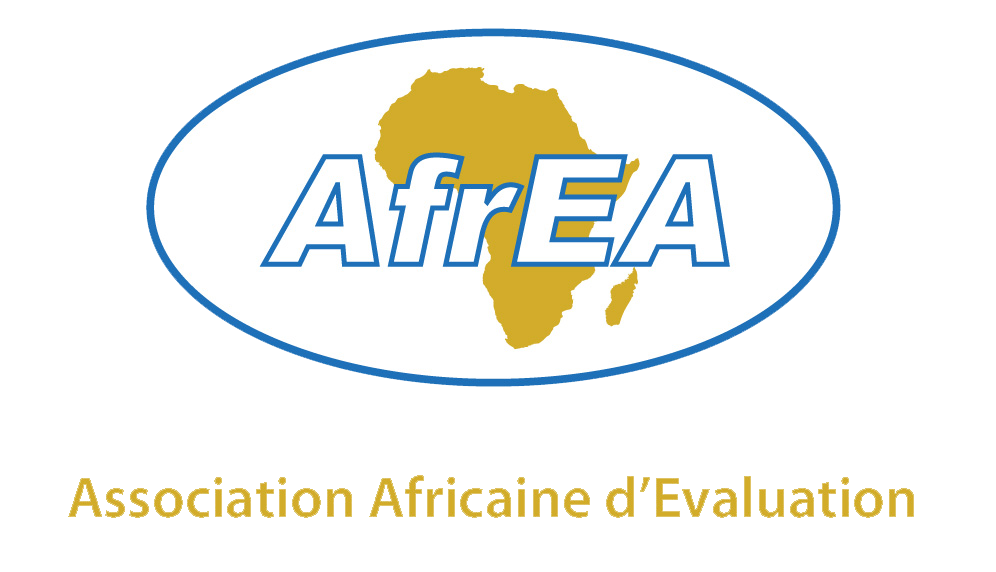African Evaluation Principles
Principes africains d'évaluation
Les Principes africains d’évaluation (PAE) ont été conçus pour guider et améliorer la pratique de l’évaluation à travers le continent africain. Élaborés par l’Association africaine d’évaluation (AfrEA) et lancés lors de la 10e conférence de l’AfrEA à Addis-Abeba, en Éthiopie, ces principes visent à garantir que les évaluations soient pertinentes, éthiques et efficaces pour répondre aux contextes et aux besoins uniques des sociétés africaines.
Principes clés
- Autonomisation des Africains : les évaluations doivent autonomiser les individus et les communautés africains en les impliquant dans le processus d’évaluation et en veillant à ce que les résultats soient utilisés pour améliorer leurs conditions de vie.
- Solidité technique : les évaluations doivent être méthodologiquement solides et utiliser des techniques appropriées et rigoureuses afin de garantir des résultats crédibles et fiables.
- Solidité éthique : les évaluations doivent respecter les normes éthiques les plus élevées et les droits et la dignité de tous les participants.
- Ancrage en Afrique : les évaluations doivent être fondées sur les contextes, les cultures et les systèmes de connaissances africains, tout en s’inspirant des meilleures pratiques mondiales.
- Interconnexion mondiale : les évaluations doivent reconnaître l’interconnexion du monde et aborder les défis et les opportunités mondiaux d’une manière qui profite à l’Afrique.
Les AEP sont destinés à être utilisés par toutes les parties prenantes impliquées dans l’évaluation, y compris les bailleurs de fonds, les commanditaires, les évaluateurs et les éducateurs. En adhérant à ces principes, les parties prenantes peuvent garantir que les évaluations sont non seulement efficaces, mais aussi culturellement pertinentes et éthiquement solides.

